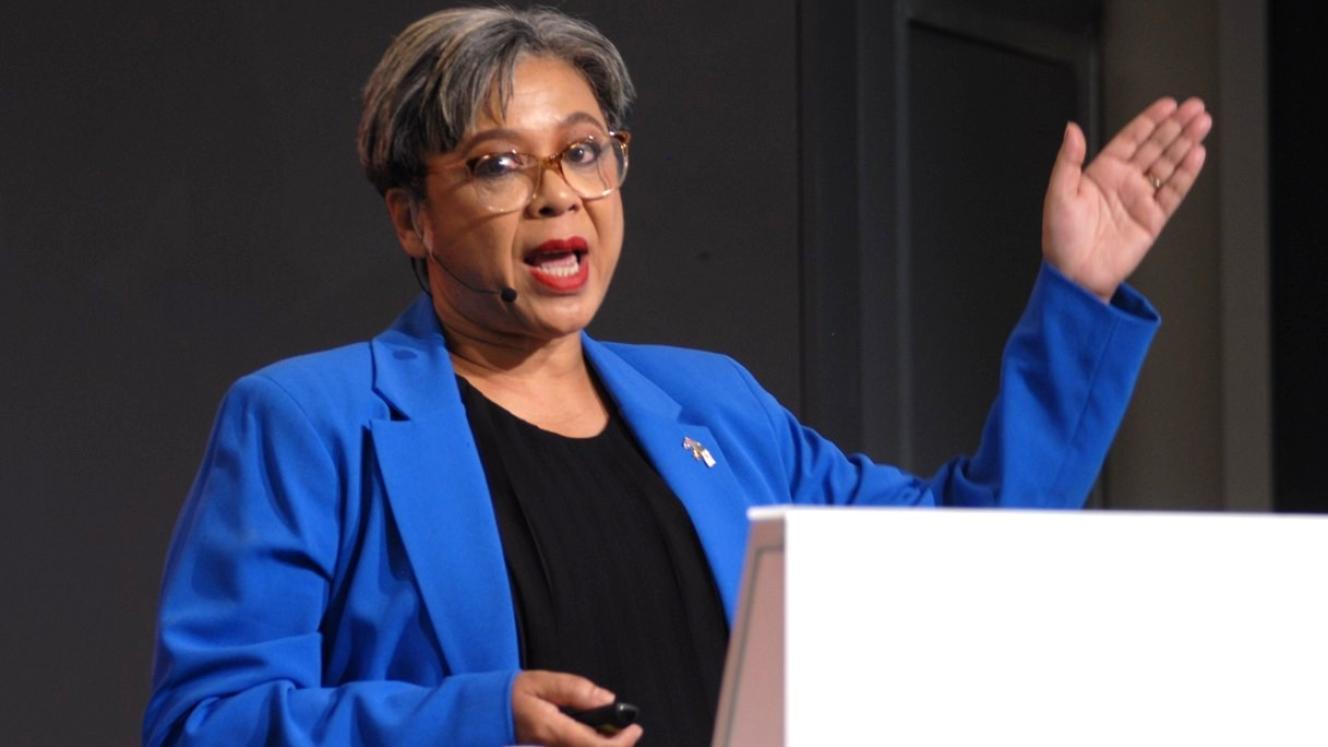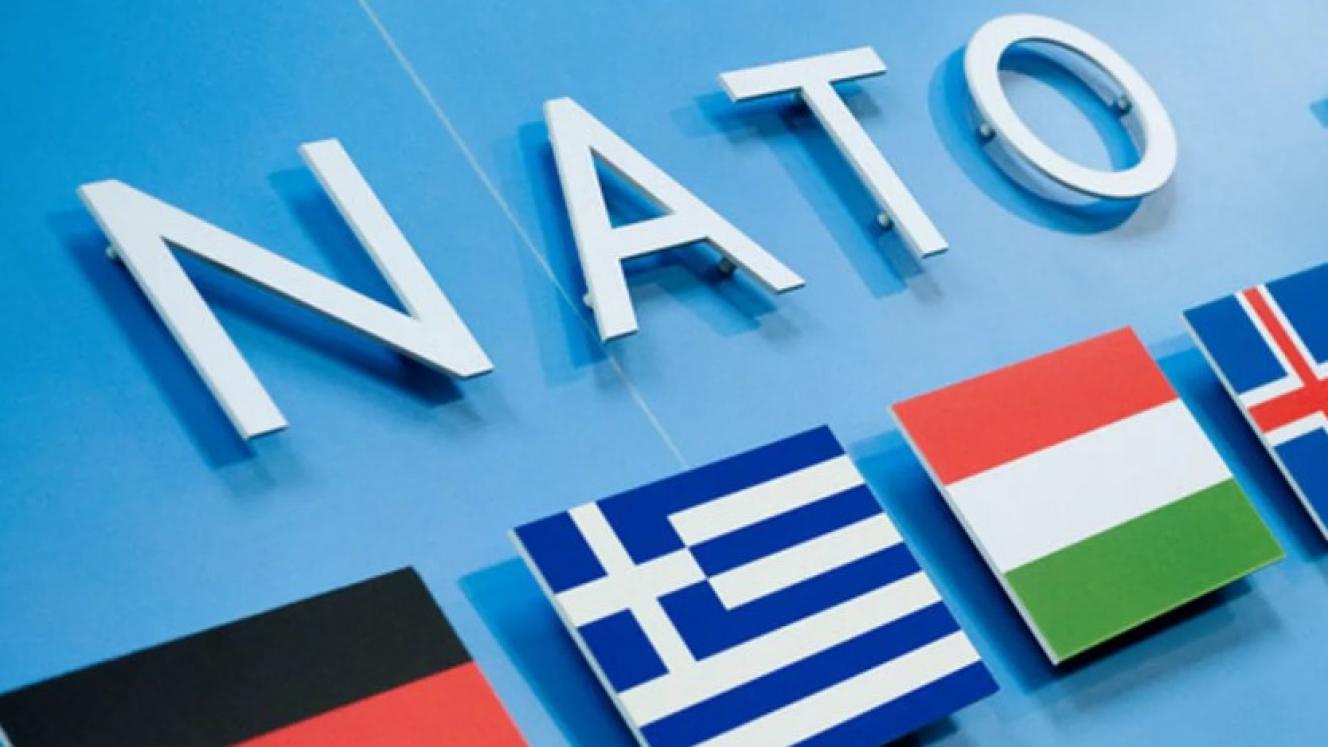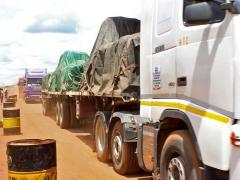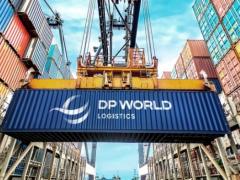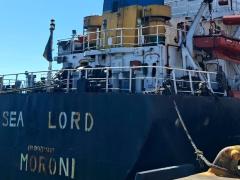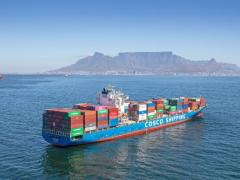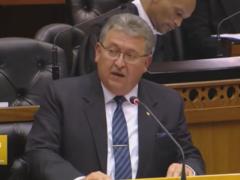Recovery, reform and ongoing resistance against the challenge of crime remain at the centre of Transnet’s current trajectory, board chairperson Dr Andile Sangqu said at the state-owned entity’s (SOE) annual financial year results announcement in Sandton.
Reflecting on ship-to-shore gains made through procuring much-needed machinery at key ports like Durban and Cape Town, an observation that has been confirmed by week-on-week cargo movement updates by the South African Association of Freight Forwarders (Saaff) and Business Unity SA, Sangqu said: “We are not out of the woods yet as several challenges persist.”
Primary among these was “infrastructure damage”, he said, speaking at the end of a week when, on one day, in just one of the reported incidents, police arrested 21 suspects at a rail freight depot in Gqberha (see report posted on August 4).
“Theft has far-reaching implications for Transnet’s desire to drive freight volumes,” Sangqu said.
“These criminal activities, such as theft of copper cables, overhead traction equipment and signalling systems, cripple Transnet's operations and harm the economy due to operational disruption and poor service delivery.”
Putting a finer point on it, Transnet CEO Michelle Phillips said the SOE lost 4.5 million tonnes of cargo per annum to crime-related security concerns.
“Critical infrastructure in this country is attacked on a daily basis. It is unacceptable and we have to stop this nonsense. We spend four billion on security every year. If we reduce this by a third, this business is profitable immediately.”
Sangqu said ongoing theft of Transnet property, especially on the railway network, “leads to huge financial losses because of the expenses incurred to replace stolen or damaged equipment”.
It’s a nagging logistics headache that was also discussed earlier the same week with Dr Juanita Maree, CEO of Saaff, in an interview about the SOE’s third-party rail-access project.
Asked about security concerns and unconfirmed reports that MSC is one of 11 of the mainline 24 applicants that succeeded in its application to get involved on the National Corridor (NatCor) Line linking Gauteng with the Port of Durban, she acknowledged that security was a serious concern.
She said unless it was “holistically addressed” by all concerned, the open-network rail-slot project could be compromised, especially on underperforming sections of the rail network such as the NatCor Line, heavily compromised by crime.
Sangqu said the rail reform journey to create a modern and inclusive rail system, as set out in the Freight Logistics Roadmap, the National Rail Policy of 2022, and the Economic Regulation of Transport Act 2024, was well under way.
“Transnet fully embraces this policy imperative and we are making solid progress in this regard, in line with the expectations set out by government.”
He said opening up the rail freight network to private partners provided for fair and transparent access to multiple railway operators, increasing competitiveness, and ultimately, performance, on the network.
He said the parastatal was proud of the milestones that had been reached but that challenges such as security continued to hold back profitability, impacting the SOE’s balance sheets.
“Transnet's huge debt burden has placed a considerable strain on our financial health as it hamstrings the ability of the company to generate the cash it needs to stay afloat,” he said.
“The borrowing costs consume a disproportionate portion of our cash flow. This has a direct impact on our ability to repair and replace ageing equipment, and fund expansion and strategic growth projects that are meant to enhance asset optimisation and maximise utilisation of existing assets.”
To help the SOE meet its financial commitments, Transnet received R47 billion from government in December 2023, and a further R146bn in May this year, highlighting the urgency for enhanced profitability, Sangqu stressed.
